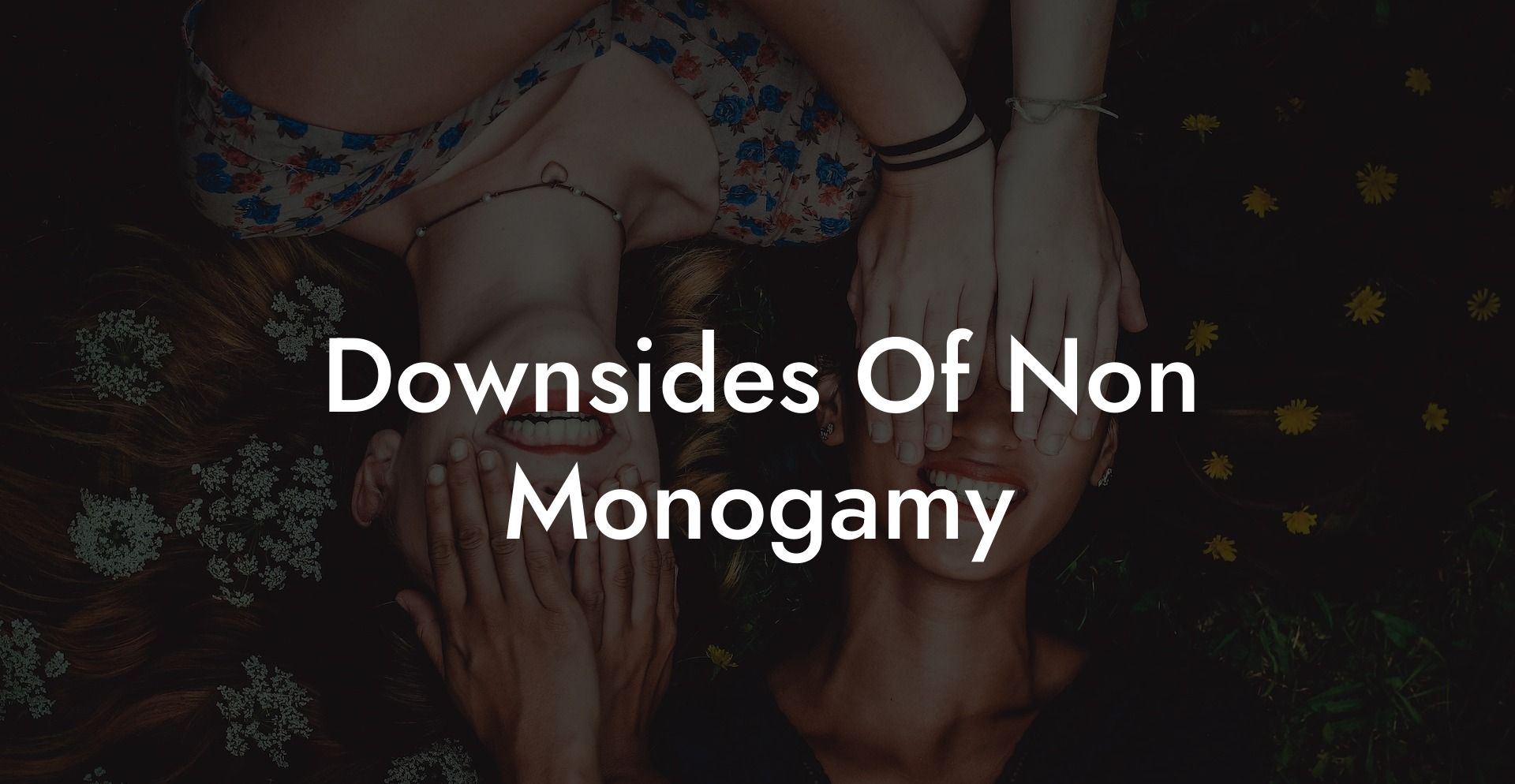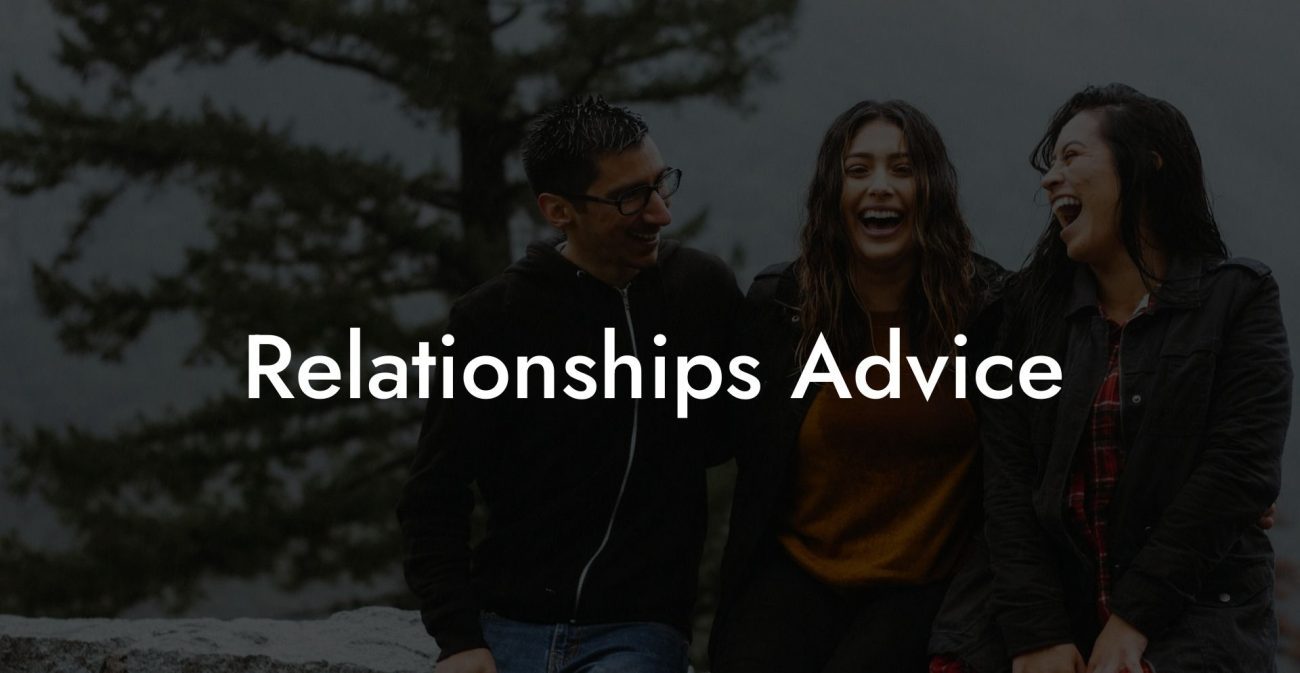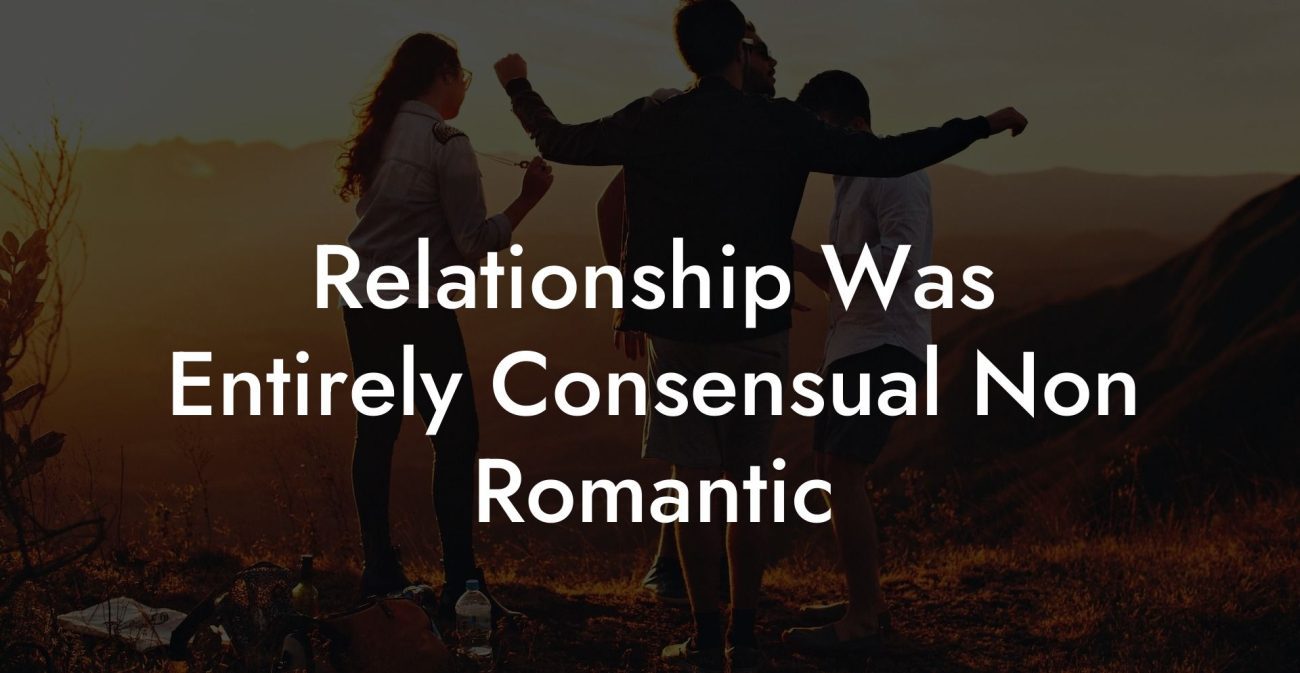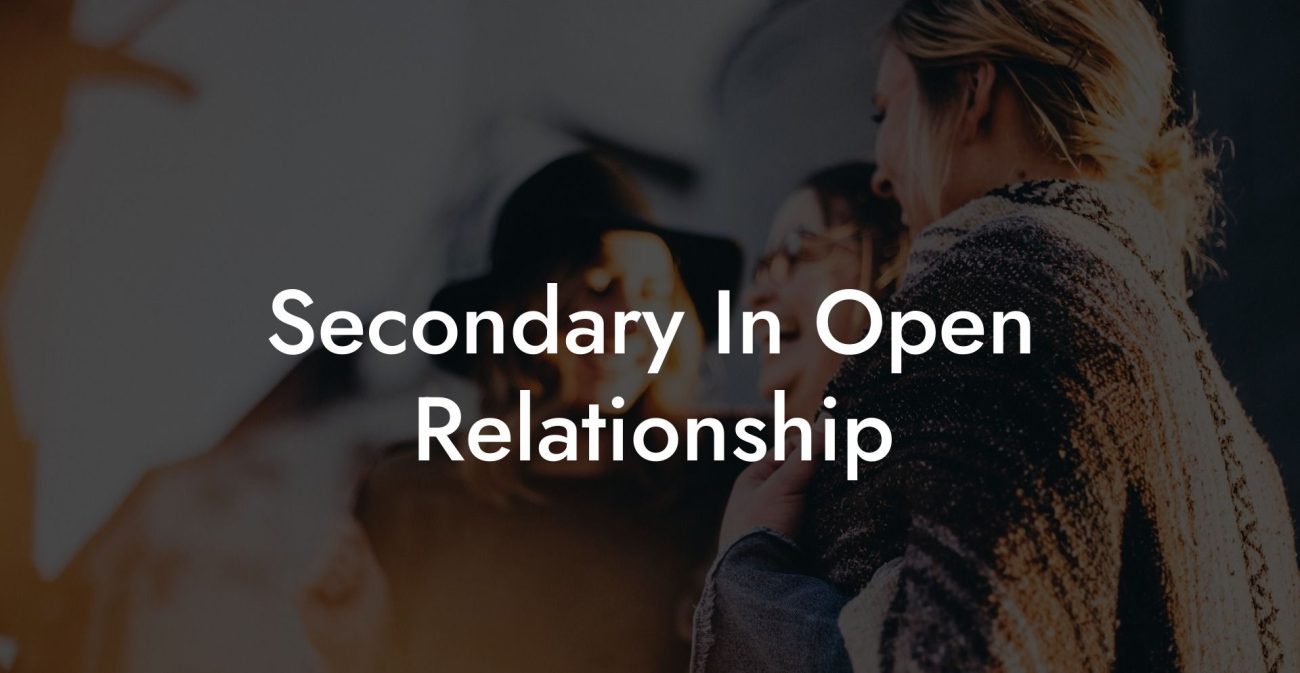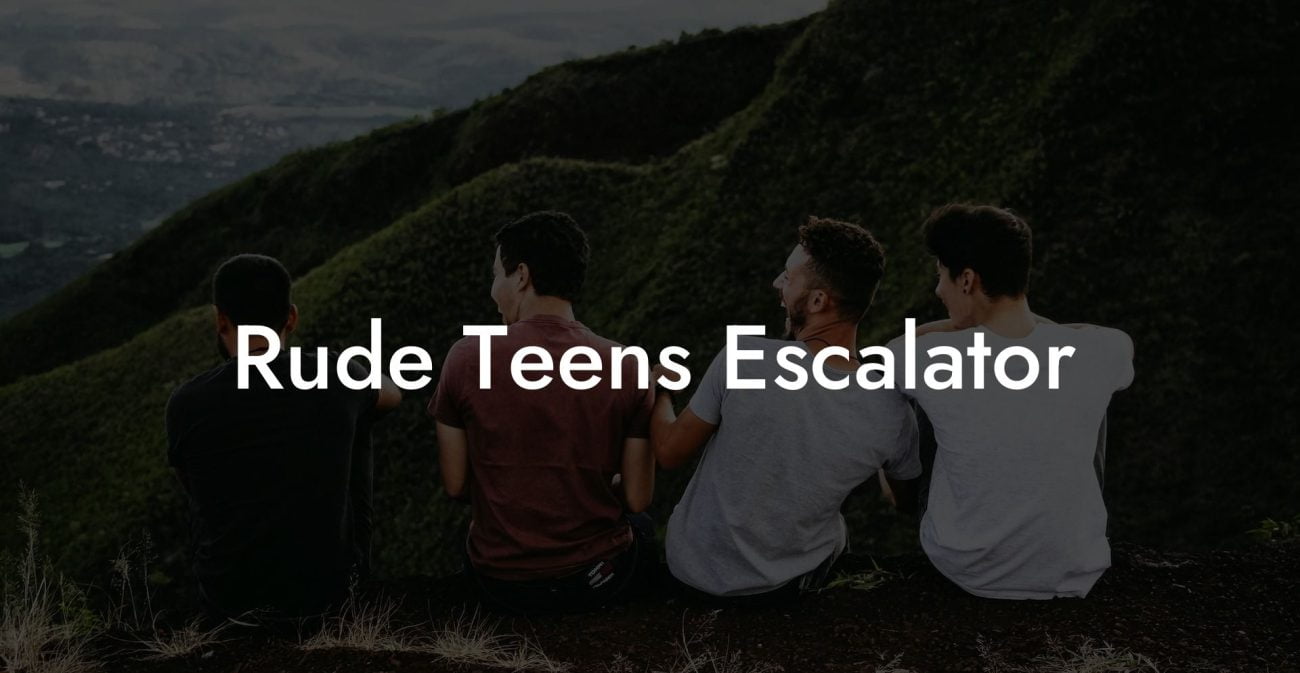In this ever-evolving world of romantic and sexual relationships, non-monogamy has risen as an increasingly popular choice for many individuals and couples. Alternative relationship structures like open relationships, swinging, and polyamory offer freedom, excitement, and exploration outside the constraints of traditional monogamous partnerships. However, every relationship choice comes with potential downsides. In this eye-opening guide, we'll delve into the drawbacks of non-monogamy and explore its impact on all parties involved.
Downsides Of Non Monogamy Table of Contents
The Emotional Challenges of Non-Monogamy
The Emotional Challenges of Non-Monogamy
-
Trust and Insecurity
In non-monogamous relationships, trust is paramount, as partners need to be honest about their desires and experiences with other people. However, jealousy and insecurity can arise for various reasons. Trust can be tested, and maintaining open and honest communication can become difficult. Balancing the need for personal privacy and transparency with multiple partners can also be challenging.
-
Managing Time and Energy
Engaging in multiple romantic or sexual relationships requires a significant investment of time and emotional energy. While some people thrive with the added excitement and personal growth opportunities, others may find managing multiple relationships exhausting and overwhelming. Burnout can lead to neglecting one's own personal needs or the needs of primary partners.
-
Managing Boundaries
Non-monogamous relationships often rely on clear personal boundaries and agreements to function successfully. Setting boundaries can be uncomfortable, and the process of negotiating and respecting agreements can be arduous, making it difficult to navigate personal and shared space in these relationships.
The Societal Pressures of Non-Monogamy
-
Social Stigma and Discrimination
Despite increasing visibility and acceptance of diverse relationship styles, non-monogamous individuals and couples can still face significant societal pressure, stigma, and discrimination. Friends, family members, and even strangers might criticize, judge, or ridicule someone's decision to partake in a non-monogamous relationship, leading to isolation or distress.
-
Legal Challenges
While some countries have made progress in legalizing non-monogamous marriages, most jurisdictions still only recognize monogamous unions. This can create complex legal challenges for individuals in polyamorous relationships, particularly those involving children, property disputes, or inheritance rights.
The Complexity of Relationships
-
Conflict Resolution
In non-monogamous relationships, more partners equate to more potential disagreements. Resolving conflicts can become increasingly complicated, taking a toll on the emotional well-being of those involved.
-
Unequal Connections
It is common in non-monogamous relationships for connections to be uneven among partners. One person may feel left out or neglected, leading to power imbalances or emotional pain.
Downsides Of Non Monogamy Example:
John and Jane are in a loving, committed relationship, but they both crave more excitement and have decided to embark on a polyamorous journey. They spend a lot of time discussing their feelings, boundaries, and desires for their new lifestyle. Initially, things go well, and they forge connections with other individuals. However, after several months, they find themselves struggling to manage time and energy between their primary relationship and their new connections. John starts feeling neglected, and jealousy arises. They realize they may have underestimated the emotional challenges associated with non-monogamy, and they decide to re-evaluate their relationship agreements to prioritize their primary connection.
While non-monogamy can offer liberating and enriching experiences, it's essential to be aware of the potential downsides before taking the plunge. Having a strong foundation of trust, communication, and personal boundaries is crucial to the success of any non-monogamous relationship. If you're considering embarking on a non-monogamous journey or already engaged in one, we encourage you to share this article with your partners and continue exploring other guides on The Monogamy Experiment. Together, we can build a community of understanding, support, and growth as we navigate the complexities of modern romance.

